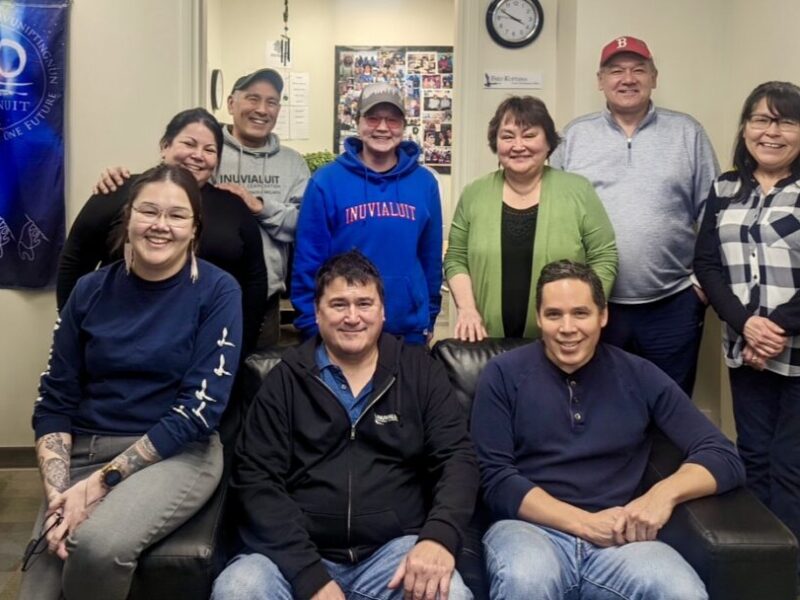National Accessibility Resources for Employers (NARE)
This project will create and share resources for employers in disability management on a national basis to improve processes and policies to engage, accommodate, and keep employees with disabilities.
The Work Wellness Institute will leverage its network and more than 30 years of experience to accomplish this goal during and after the pandemic. The institute will share these evidence-informed resources. This project’s primary objective is to track the dissemination and uptake of resources through an expanded network while identifying formats and efficiencies that drive increased awareness and mobilize key knowledge and skills to the end user. A secondary objective is to research the process of rapid project design, implementation and evaluation.

The pandemic has required rapid response in the field of research and policy design, and lessons can be learned about the challenges of this approach and the frameworks and foundations required to strengthen Canada’s response to ongoing and future disruption. The NARE program will target skills, knowledge acquisition and confidence in the following areas:
- Helping employers set up accessible, effective, and flexible work-from-home measures;
- Providing employer-focused supports to create inclusive workplaces, whether virtual or physical;
- Connecting people with disabilities, including those working from home, with employers;
- Training for in-demand jobs.
Future Skills Centre is investing $648,000 in this 2-year project. This project will contribute to a national dialogue required to standardize terminology and support a shared understanding of the skills, knowledge, resource gaps and opportunities experienced by Canadian employers in disability management across sectors – specifically during social and economic disruption. Resulting policy and process will shift the Canadian employment culture to broader adoption of work wellness and inclusive policies across sectors, to the socio-economic benefit of all Canadians.
Evaluation Strategy
This project is evaluated using tools and approaches aligned with its goals, context, and stage of development. The evaluation focuses on generating the right evidence at the right moment to move the intervention forward. Read more about our evaluation strategy.





